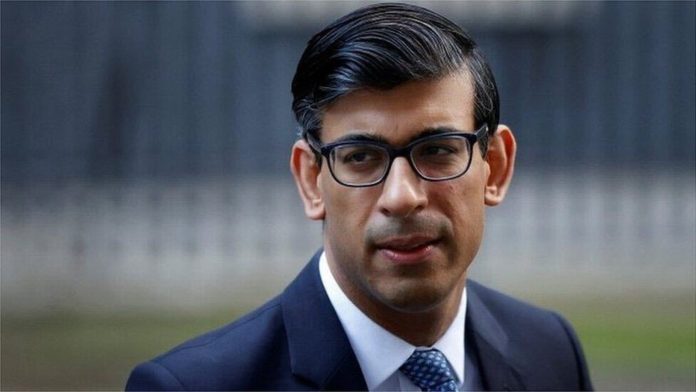The government’s autumn budget understandably focused on post-pandemic recovery. But it has missed a vital economic sector, one in which the UK is a world leader. The music sector has received the least funding in this autumn budget.
A.J, who owns a studio in Watford but also manages artists, told me: “Music is a business and funds the economy, and cutting the budget for the music sector is bad for the country and bad for the young kids trying to get into music. The budget cut could lead to them not having many places to express their art which is music. So, what happens to them then?”
The pandemic has affected the live side of the business badly. There have been times when nobody was allowed to attend concerts or music festivals. Musicians make their money mainly through ticket sales and shows. So revenue within the live UK music sector fell by 81% in 2020 compared to 2019 and almost 155,000 roles effectively ceased to exist. So, what has the government put into place to make up for this?
Chancellor Sunak’s autumn budget promised a 5% extension rate of VAT for ticket sales, which at least addressed one key campaign of those representing the live music industry. The rate was first introduced last year, but the almost total closure of the industry dramatically reduced ticket sales. So the budget’s extension of the 5% rate for a further six months, with an interim rate of 12.5% until April 2022, will provide crucial income to the sector while it tries to recover.
However, Chancellor Sunak failed to answer the call for an insurance scheme that would have provided reassurance to anyone spending money and time organising an event that might have to be cancelled.
Wini Vibes, an up-and-coming producer from Newham, worries that the budget did nothing to make life easier for adult musicians. “Already there’s not much funding for over 25’s,” he said. “A lot of the music schemes cater to young children or teenagers. There is a music programme named ‘The Ultimate Music Seminar, who do stuff independently. They host all day music seminars for free. They host one each year usually and get music execs, managers, artists, producers to talk. The programme is funded by sponsorships from labels and music brands. As a producer I’m just worried about how (the budget) may impact future funding for the music sector in the UK. Will it keep decreasing over time?”
So as we enter another worrying winter the question is, will the live music sector as we know it survive and keep thriving without more government help?

